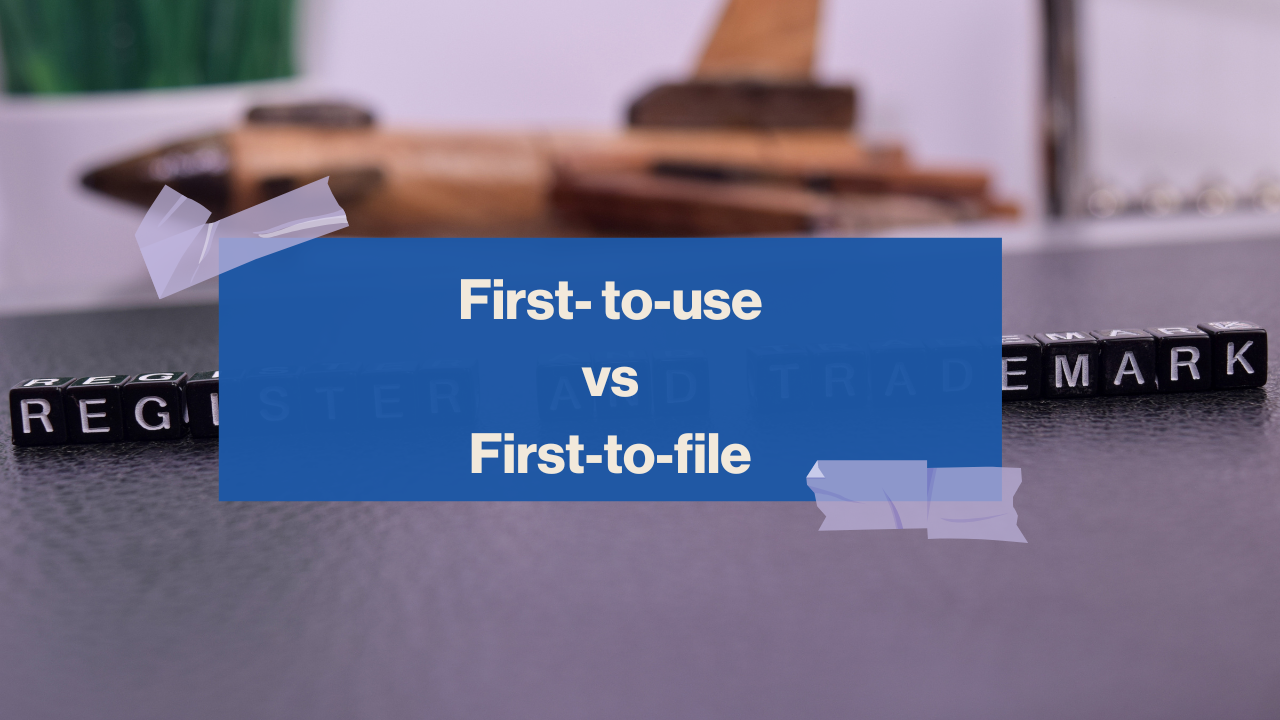When it comes to trademarks—those special names, logos, or slogans that help people recognize your business—there’s a common misunderstanding: many people think the first person to file for a trademark automatically owns it. But in the United States, that’s not how it works.
Let’s break it down.
It’s Not Who Files First—It’s Who Uses It First
In the U.S., trademark rights are based on first use, not first registration. This means that the business that uses the trademark in commerce before anyone else is the one that holds the rights to it.
Think of it like calling dibs on a seat at the lunch table. If you sit down first, it’s yours—even if someone else later tries to “claim” it with a sticky note. In trademark law, using the mark publicly in connection with your goods or services is what gives you the right to own it.
This principle is known as “common law trademark rights.” Even if your trademark isn’t officially registered with the government, you still have legal protection if you were the first to use it in your area or industry.
So Why Register a Trademark at All?
If use comes first, then you might be asking: Why go through the trouble of registering a trademark?
That’s a great question. Registering a trademark is like getting a birth certificate for your brand. Sure, your brand technically “exists” when you start using it, but the birth certificate (your federal registration) gives you official proof. That proof can help you out big time if any legal issues pop up.
Here are a few benefits of registration:
1. Nationwide Rights
While common law rights are usually limited to where your brand is being used, a federally registered trademark gives you rights across the entire country, even in places you haven’t reached yet.
2. Legal Presumption of Ownership
When your trademark is registered, the law assumes you’re the rightful owner. This is huge if you ever need to go to court. You don’t have to work as hard to prove the mark is yours.
3. Public Notice
Your trademark gets listed in the official USPTO database. That way, others can see it’s already taken—kind of like putting up a big “DO NOT ENTER” sign for your brand.
4. Right to Use ® Symbol
Only federally registered trademarks can use the ® symbol, which shows that your brand is protected under U.S. trademark law.
5. Stronger Position in Legal Disputes
If someone else tries to use your name or logo, you’ll be in a stronger legal position if your mark is registered.
Real-Life Example
Let’s say you run a cookie company called “Sweet Crumbs,” and you’ve been selling cookies under that name since 2020. In 2024, another person files for a federal trademark on the same name, thinking they can take it over just by registering.
Not so fast.
Because you were the first to use “Sweet Crumbs” in commerce, you still have the superior rights—especially in the areas where your cookies have been sold. But if the other party registers the name and expands quickly, things could get complicated. That’s why early registration is a smart move.
Trademark Registration Helps You Stay Ahead
Here’s the big takeaway: Use gives you rights, but registration protects those rights.
Even though the U.S. trademark system rewards the first to use a mark—not the first to file—it’s still a wise move to register your trademark. In fact, according to the U.S. Patent and Trademark Office, over 450,000 trademark applications were filed in 2023 alone. That’s a lot of competition—and a lot of reasons to get your name on record as soon as possible.
Final Thoughts: Protect What’s Yours
If you’re building a brand—whether it’s a product, a podcast, a YouTube channel, or a business—your trademark is one of your most valuable assets. Don’t wait for someone else to claim it or copy it.
Remember:
- Using your trademark first gives you rights.
- Registering your trademark strengthens and proves those rights.
Think of registration as a shield. It won’t create your rights, but it’ll help you protect what you’ve already built. And in the crowded world of business, having that extra layer of protection could make all the difference.

